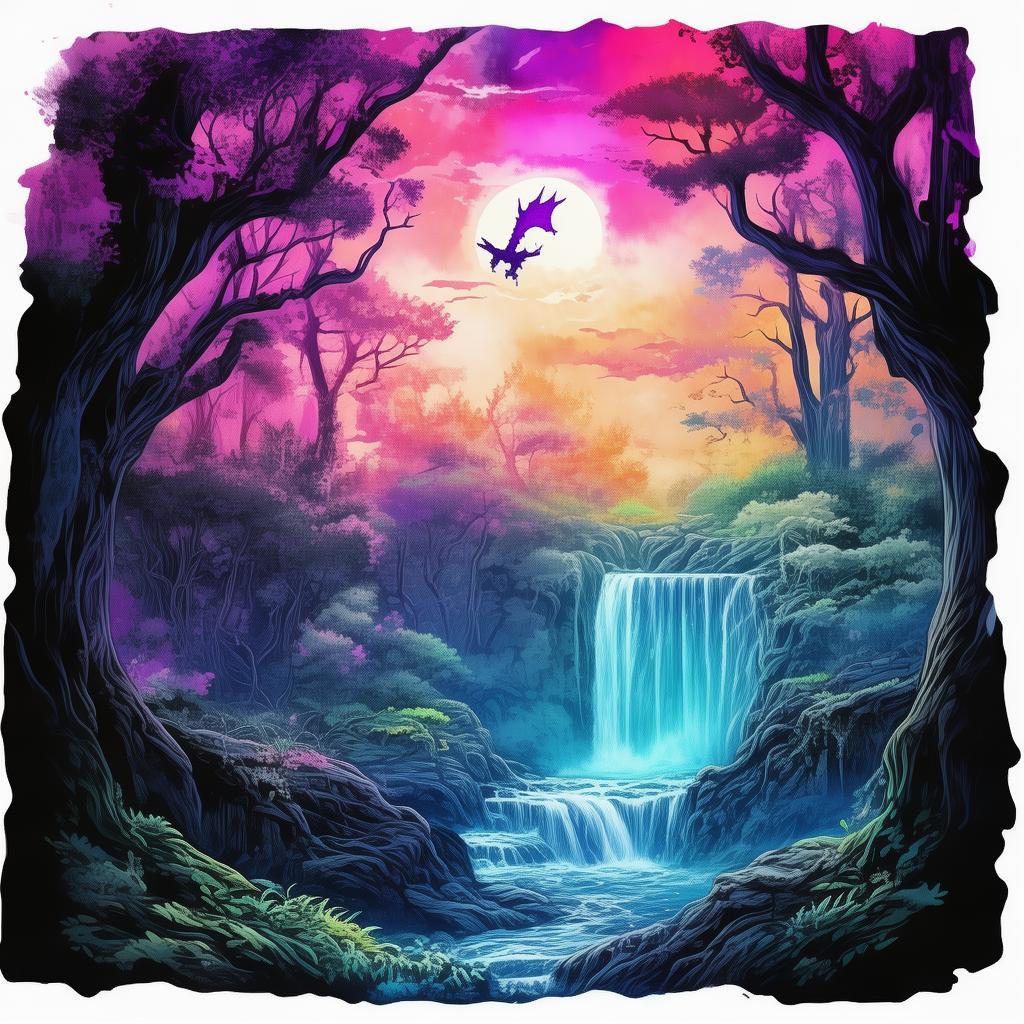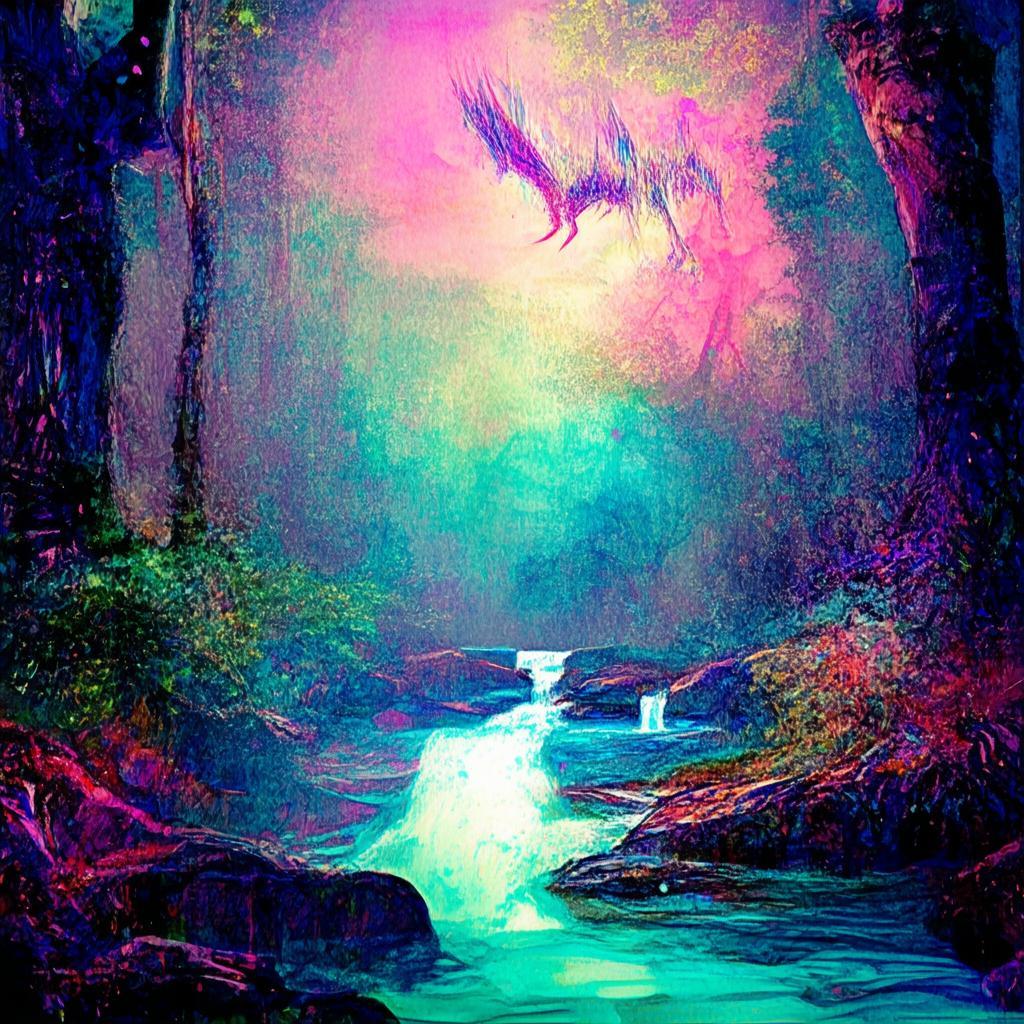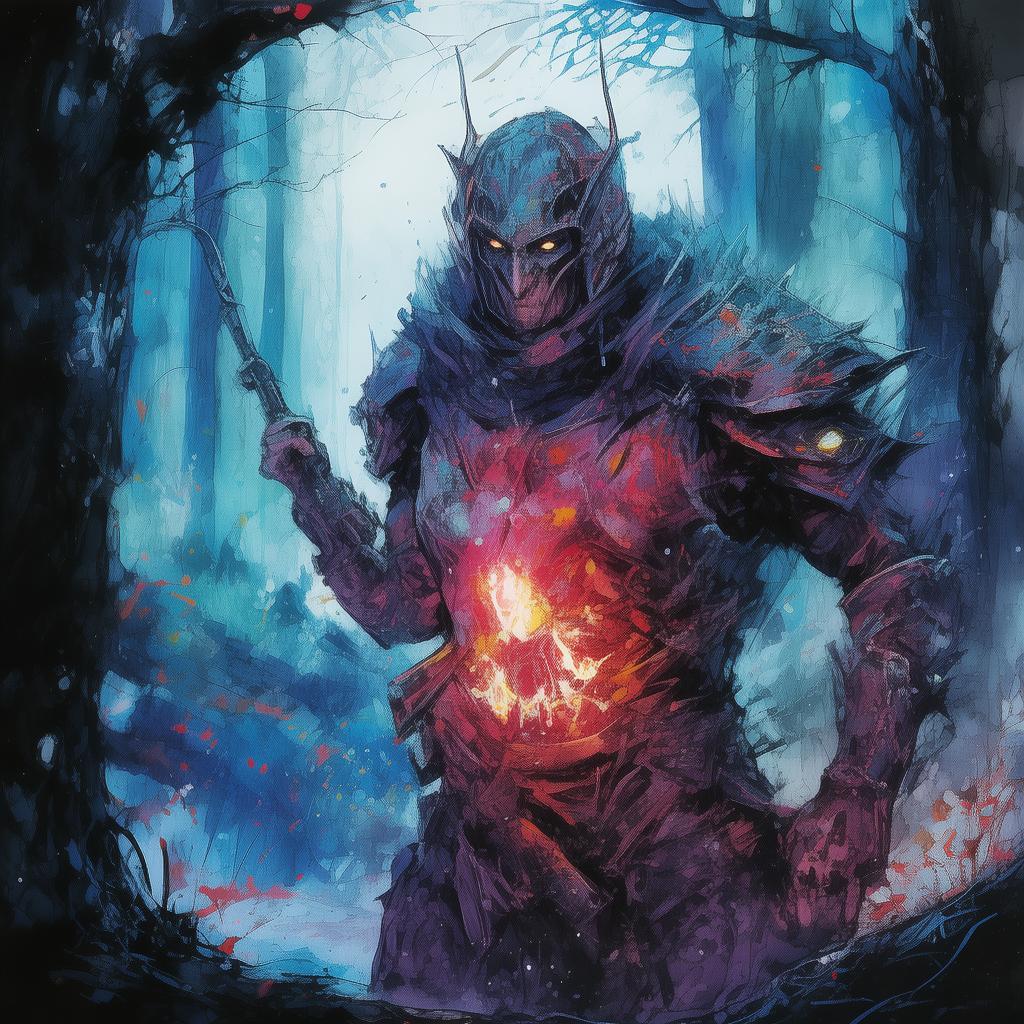The Lament of the Vanishing Lyricist
In the verdant expanse of ancient China, amidst the whispering willows and the rustling bamboo, there was a legend that spoke of a lyricist whose verses could move mountains and touch the hearts of gods. His name was Li Po, and his songs were said to be the purest expression of the human spirit. Du Fu, the renowned poet, was an ardent admirer of Li Po’s work, and his quest to uncover the lost lyrics of his idol had become an obsession.
One fateful evening, as the moon cast a silver glow over the serene lake, Du Fu received a cryptic message: “The lyrics you seek are hidden in the Land of the Living, where shadows dance with the wind, and dreams are woven into reality.” Little did he know, this message would be the beginning of an odyssey that would test his resolve, his heart, and his very soul.
The Land of the Living was a place not bound by the strictures of time and space. It was a realm where the past, present, and future coexisted, and where the boundaries between life and death were as fluid as the tides. Du Fu’s journey began at the ancient city of Chang'an, where he was greeted by a mysterious figure, an old man with eyes that seemed to carry the weight of eons.
“Seeking the lyrics of Li Po, are you?” the old man asked, his voice like the rustle of autumn leaves. “Fare thee well, for the path you tread is fraught with peril and wonder.”
Guided by the old man, Du Fu set out on his quest. The first trial was a riddle, posed by the spirit of a great warrior who had perished in battle:
“In the heart of the forest, a bird sings without sound,
What is its name, and where does it belong?”
Du Fu pondered the riddle for days, until the old man revealed the answer: “It is the wind, which is the voice of the earth, the whisper of the trees, and the heartbeat of the sky.”
The next trial was more personal, for Du Fu was faced with his own shadow, a manifestation of his deepest fears and regrets. The shadow spoke in his own voice, taunting him with the failures of his past and the uncertainties of his future.
“I am your shadow, Du Fu, and I am your past,” it hissed. “Your quest is futile. You are not worthy of the lyrics you seek.”

But Du Fu, driven by a fierce determination to honor Li Po and his own poetic spirit, refused to be cowed. He banished the shadow, vowing to overcome his own demons before he could hope to uncover the lost lyrics.
The third trial was a journey through the realm of the departed, where spirits of the past lingered, their stories woven into the very fabric of the world. Du Fu encountered the spirit of a young girl who had fallen in love with a soldier, and who had died of a broken heart. Her story of unrequited love moved him deeply, and he composed a poem in her honor, which was said to have brought forth a spring of purest water from the desolate land.
As Du Fu continued his journey, he encountered more trials, each more difficult than the last. He faced the wrath of a river god, who demanded a sacrifice of his most precious possession. Du Fu offered his own lyre, a gift from Li Po himself, and the river god was moved by the purity of his intention.
Finally, Du Fu reached the heart of the Land of the Living, where he was greeted by the spirit of Li Po himself. The great poet, with his long beard and piercing eyes, spoke to Du Fu of the lost lyrics, which were not merely a collection of words but a testament to the enduring power of the human spirit.
“Seek not the lyrics alone,” Li Po said. “Seek the essence of what it means to be human, to love, to suffer, and to dream. For in the end, the lyrics are but a reflection of the journey we all take through life.”
Touched by Li Po’s wisdom, Du Fu returned to the world of the living, carrying with him the truth that the lyrics were not to be found in a book or a scroll, but in the very heart of every human being. He composed a new poem, not of the lost verses, but of the journey itself, and it became a legend in its own right.
The Lament of the Vanishing Lyricist is a tale of the quest for artistic integrity, the power of love and loss, and the enduring connection between the past and the present. It is a story that resonates with the soul, reminding us that the true legacy of a poet is not in the words they leave behind, but in the way those words touch the lives of others.
✨ Original Statement ✨
All articles published on this website (including but not limited to text, images, videos, and other content) are original or authorized for reposting and are protected by relevant laws. Without the explicit written permission of this website, no individual or organization may copy, modify, repost, or use the content for commercial purposes.
If you need to quote or cooperate, please contact this site for authorization. We reserve the right to pursue legal responsibility for any unauthorized use.
Hereby declared.









